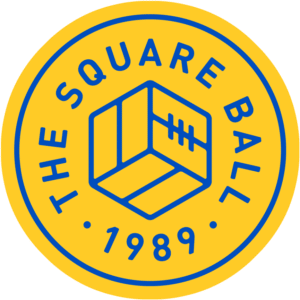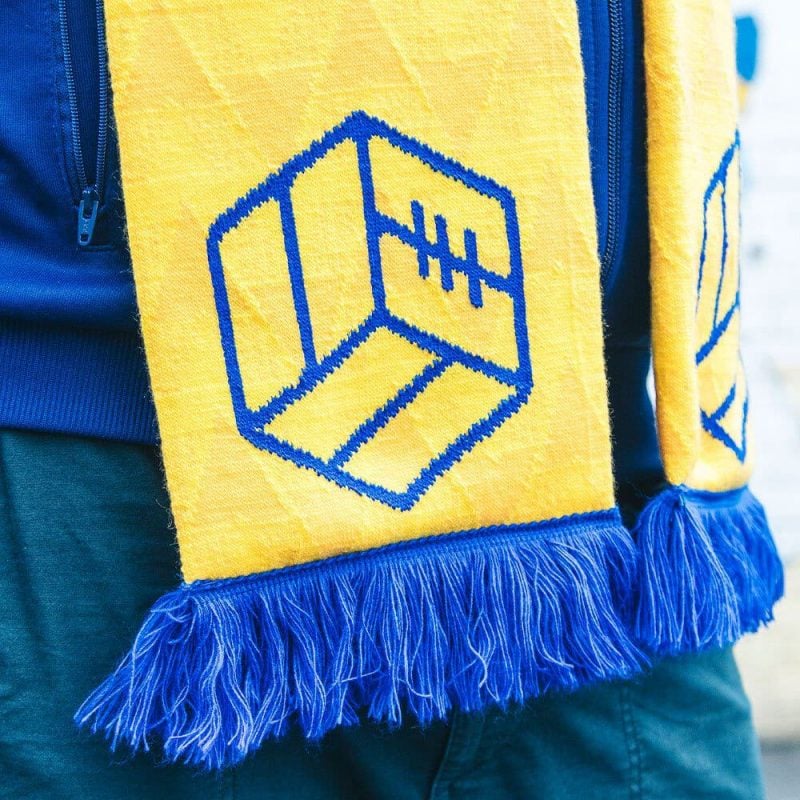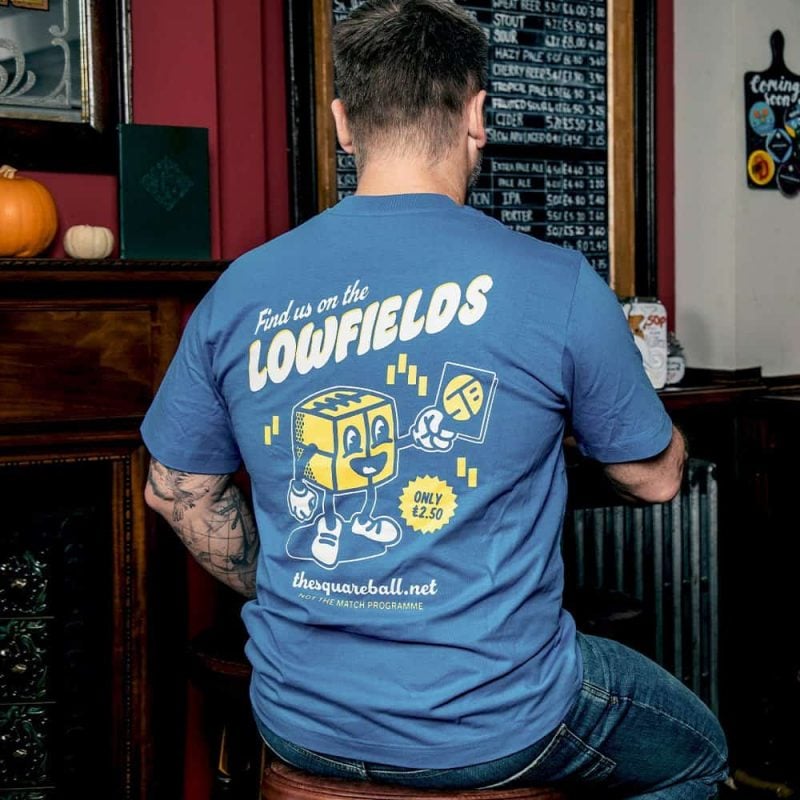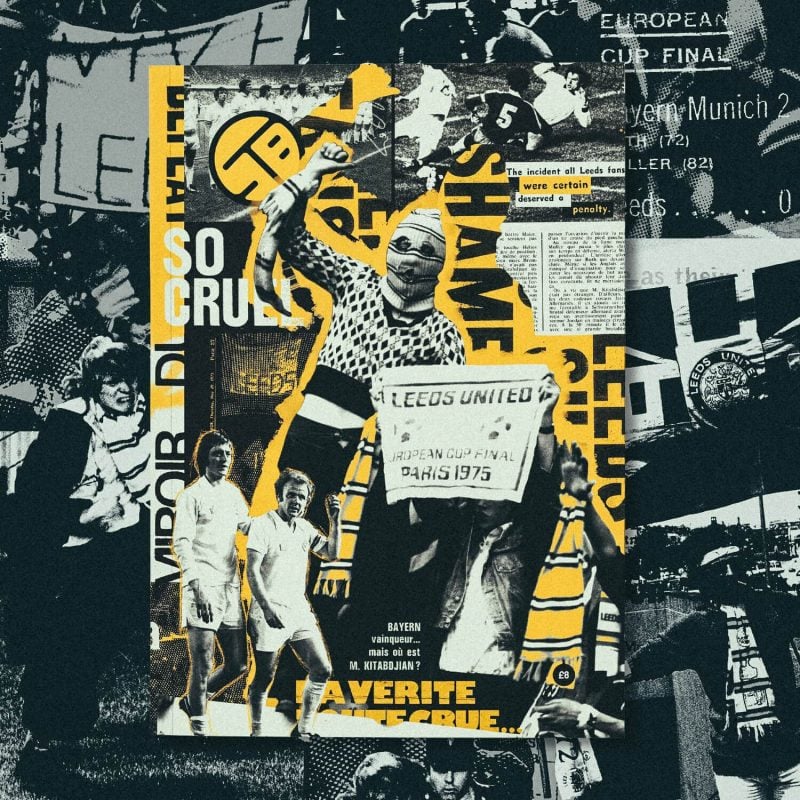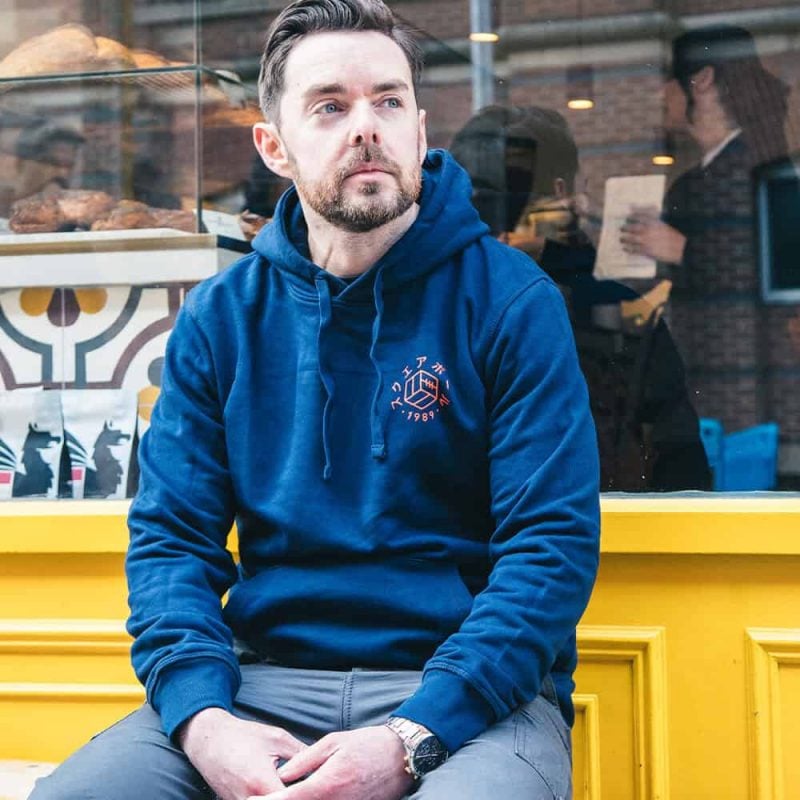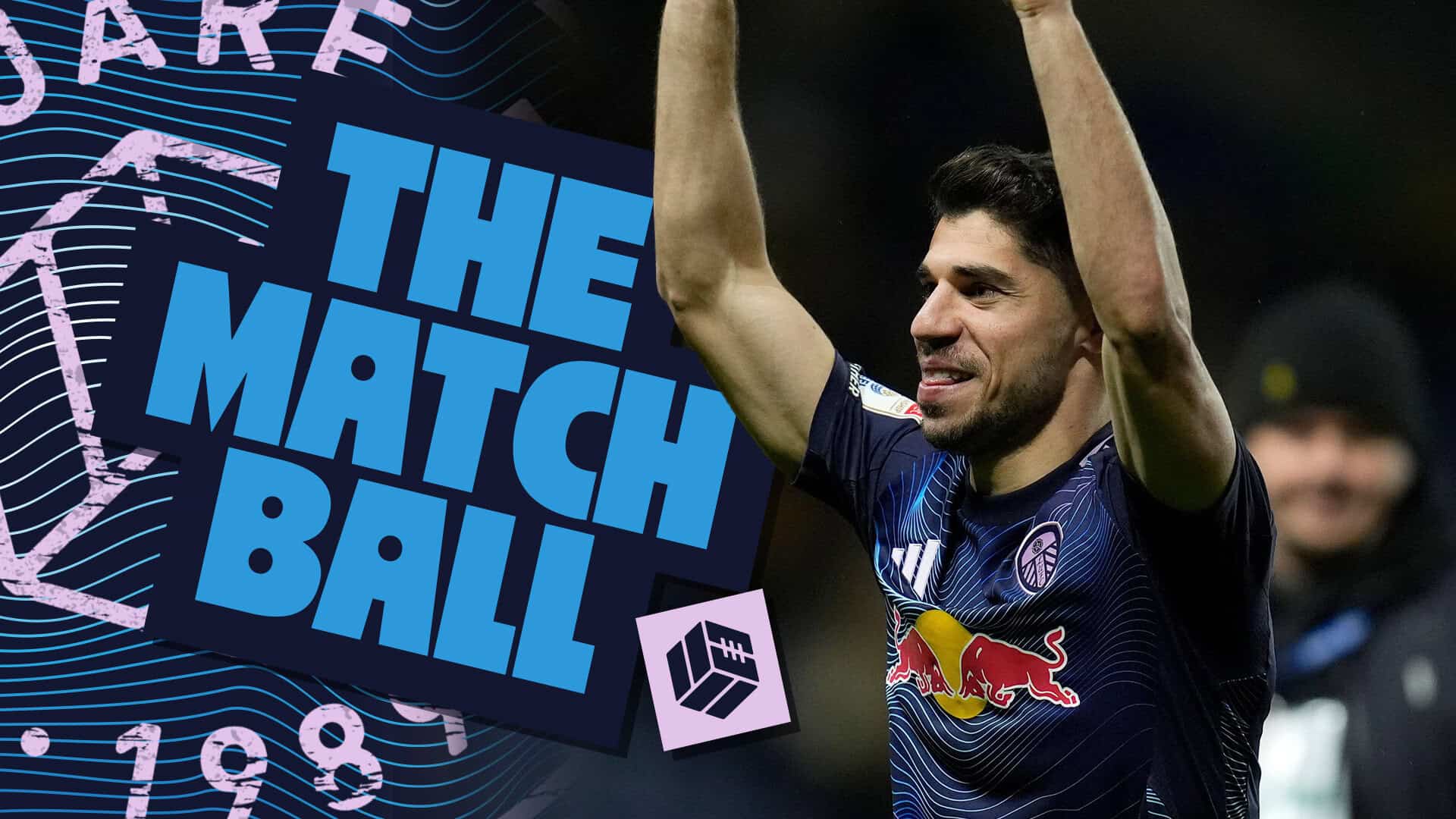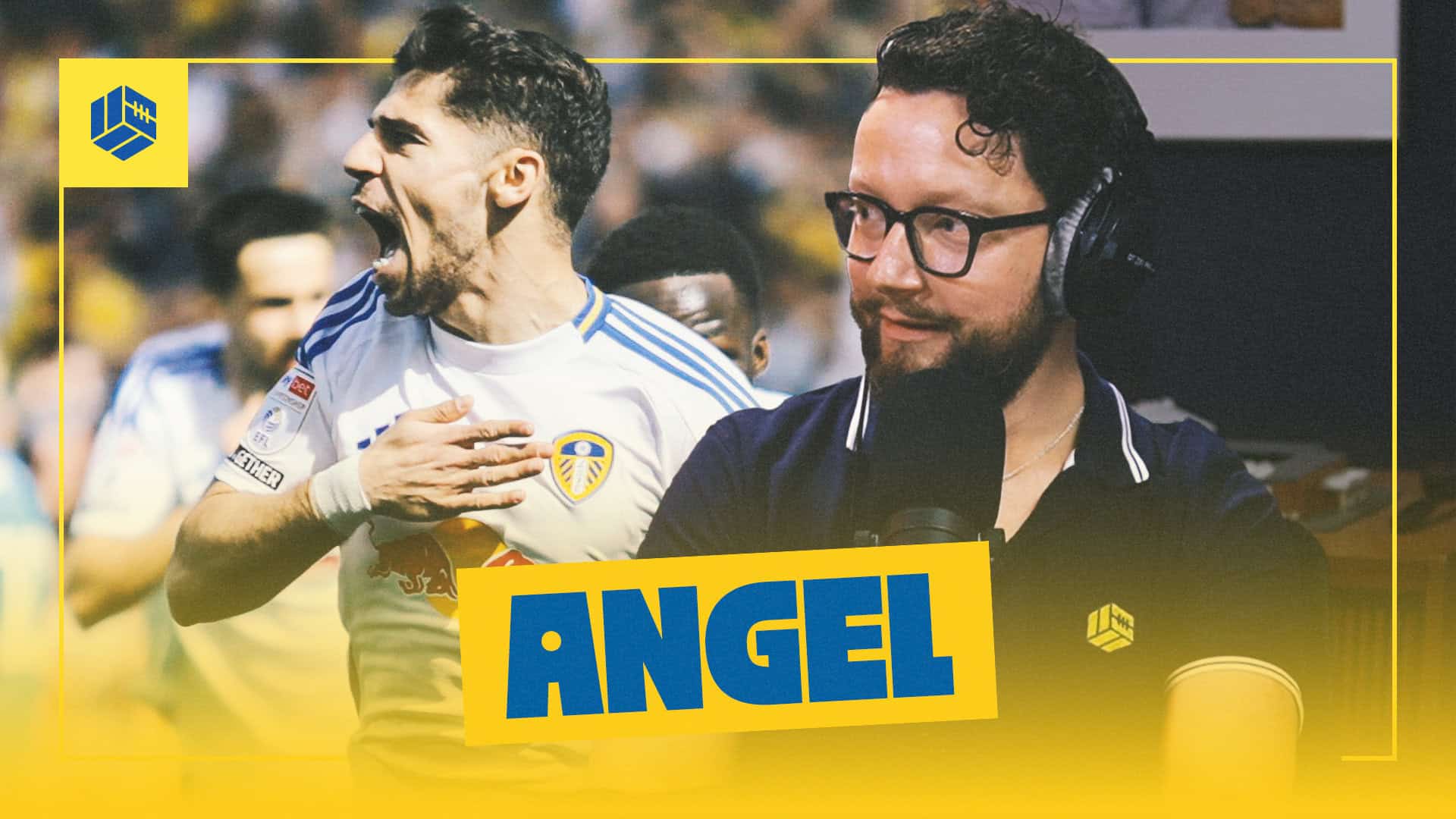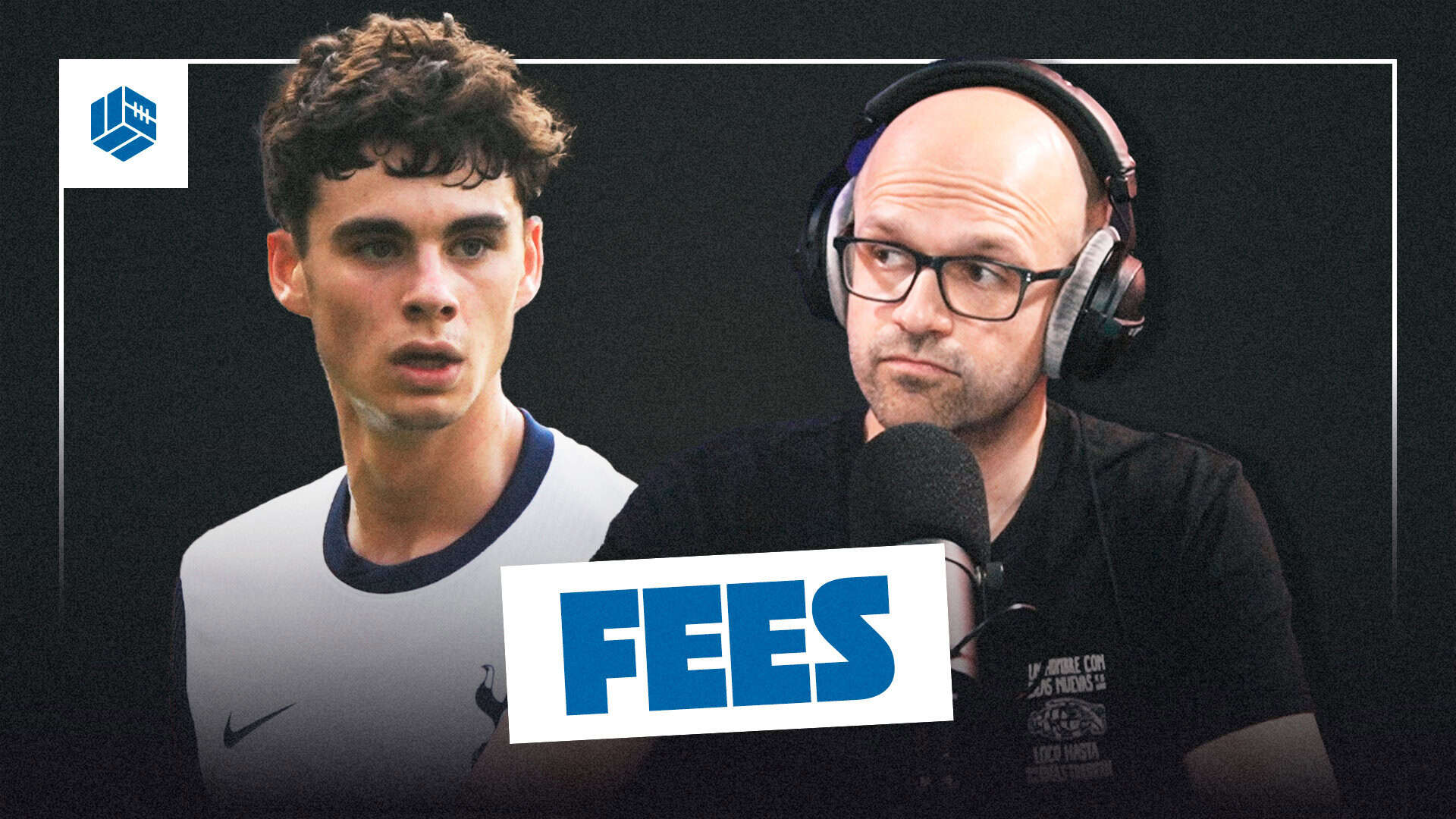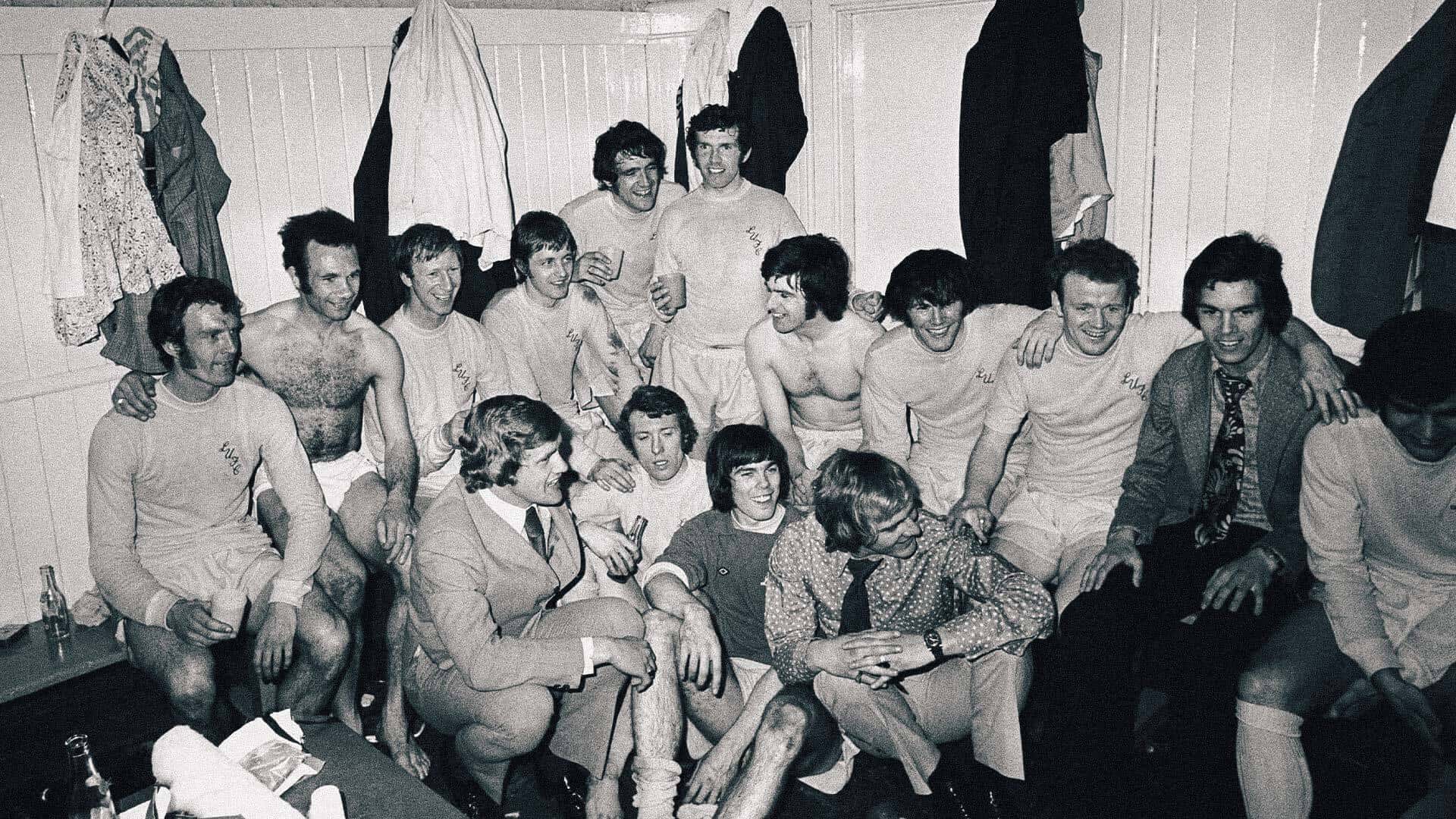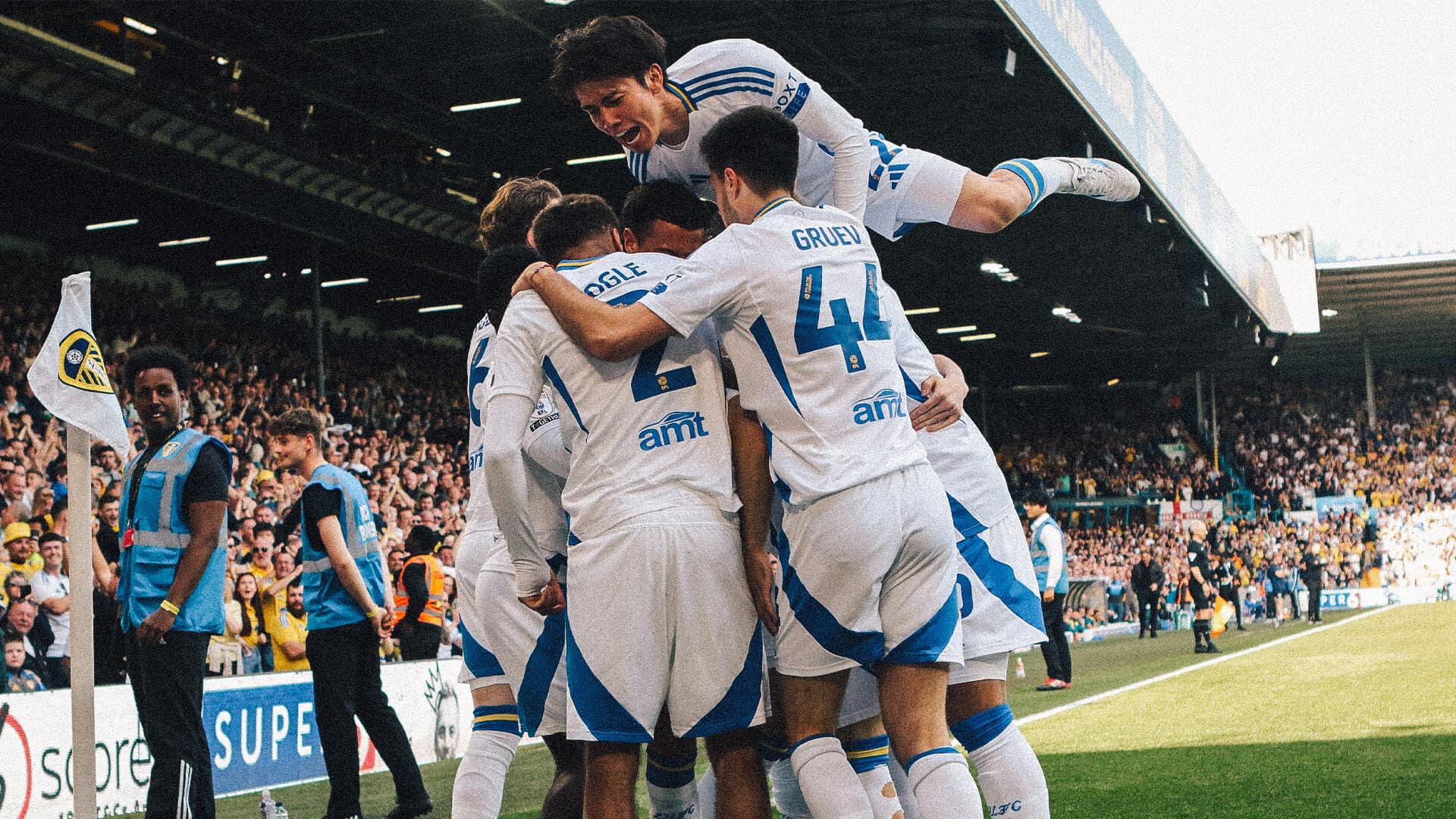No Smoking
Trouble in an Empty House: Cigs, Bent Noses and Terry Hibbitt
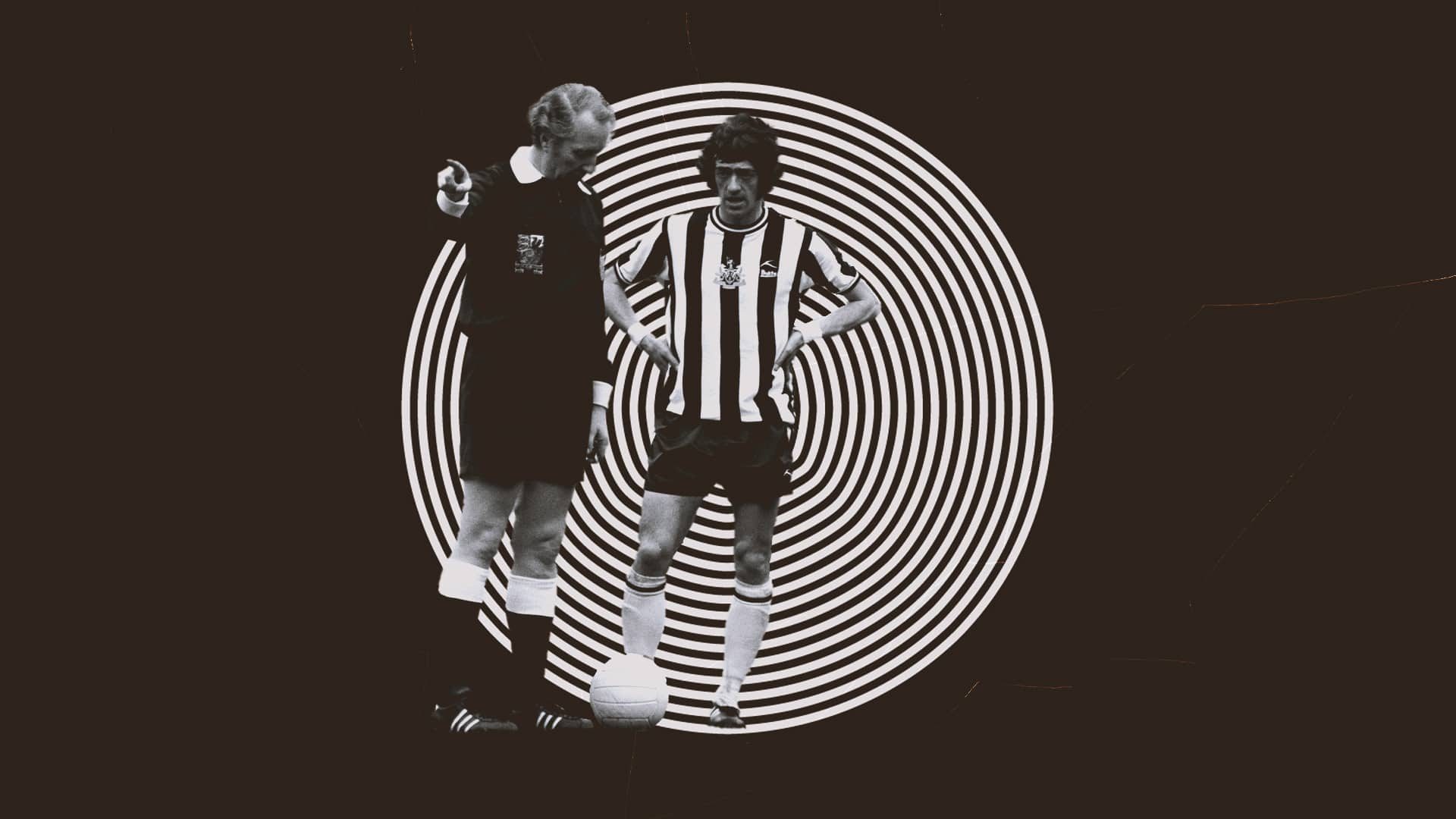
Ask someone to name players from the Don Revie era at Leeds United and Terry Hibbitt’s name is likely to be low on their list. But he is the perfect illustration of the riches Revie developed at Elland Road.
I was unfamiliar with Hibbitt until a reference to his name took me to the Newcastle Chronicle website and the headline, ‘Remembering Terry Hibbitt — and how no one has come close to the Newcastle United legend.’ My heart sank, assuming this was another case of Leeds failing to spot and make the most of a talent who later excelled elsewhere. Thankfully, that’s not really the case here.
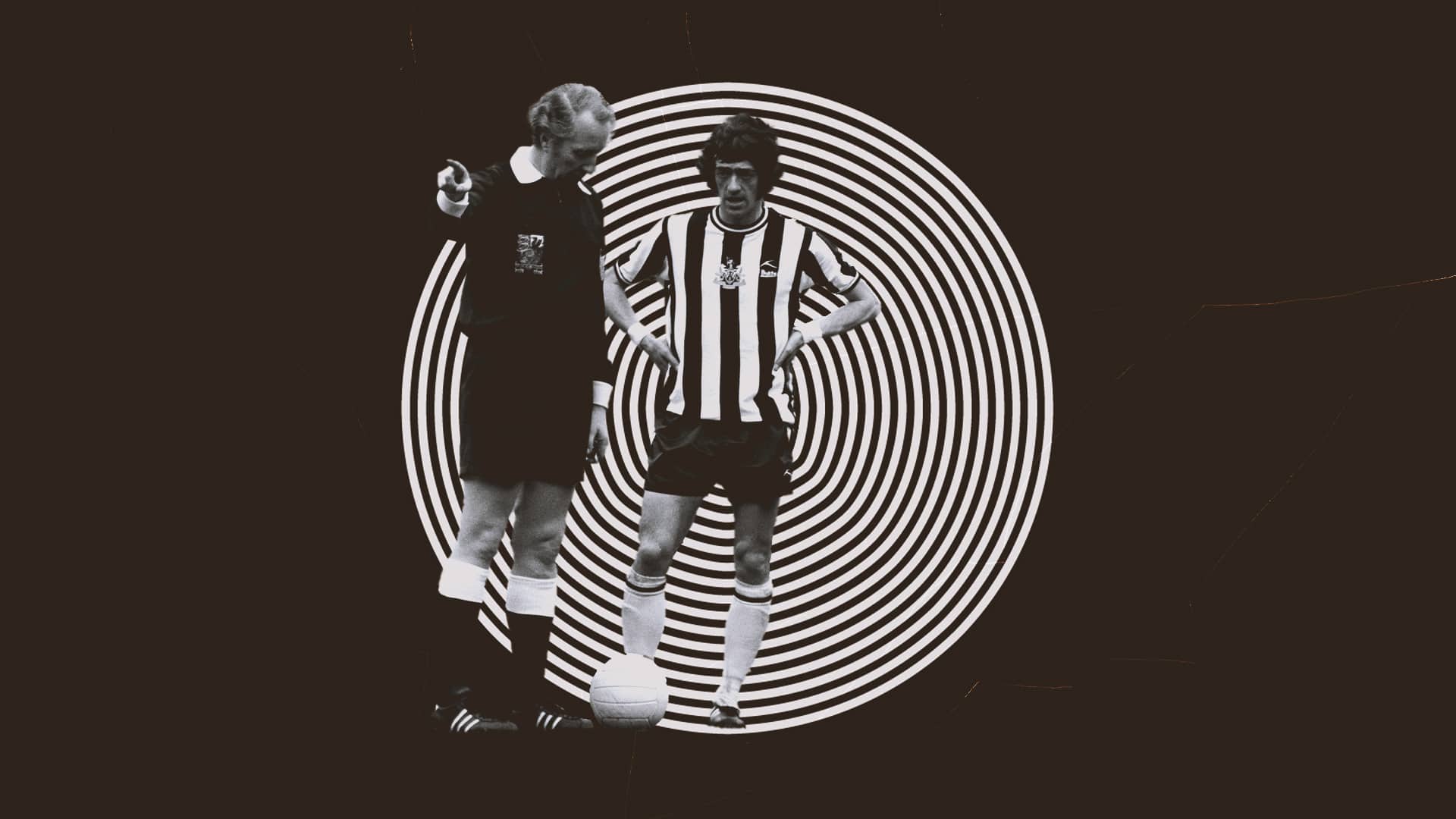
Described by Ivan Ponting in The Independent as a left winger of ‘beguiling artistry’, Hibbitt’s route into Revie’s starting eleven was obstructed first by Albert Johanneson, then by Terry Cooper and Eddie Gray, who emerged from the youth team around the same time as Hibbitt and made Leeds’ left flank the envy of Europe. Bobby Collins, Johnny Giles and Billy Bremner proved that Hibbitt’s sight frame did not have to be a barrier to his craft being used in central midfield — at 5’6”, he was actually a bit taller than Collins and Bremner. But he was never going to usurp one of those players either.
His artistry did not come at the expense of the fight that earned Leeds such a fearsome reputation, although Hibbitt was notorious for letting that get the better of him as one of the few players who dared to question Revie’s authority. That may have been another reason why he averaged just nine league appearances per season in his five years in Leeds’ first team after being signed as soon as he left school in Bradford. When his former teacher, Andy Mettas, saw George Best skinning full-backs in his pomp, he was reminded of watching Hibbitt as a schoolboy.
His sporadic appearances still contained plenty of highlights. Like a proto-Alan Smith, he came off the bench to score with his first touch on his Leeds debut, lobbing the goalkeeper from twenty yards in a win at Nottingham Forest in 1966. Hibbitt’s next appearance was in the third round of the Fairs Cup the following season, travelling to Valencia as part of a Leeds team decimated by injury after the first leg was drawn 1-1 at Elland Road. Goals from Giles and Peter Lorimer earned the Peacocks an impressive 2-0 victory. Eric Stranger wrote that Hibbitt ‘played as if a Fairs Cup occasion was no more awe inspiring than a Central League match.’ After finishing as runners-up to Dinamo Zagreb in the competition that year, Leeds went one better in 1967/68, Hibbitt playing in the second leg of the final against Ferencvaros, frustrating opponents Bill Shankly and Matt Busby thought were the best team in Europe with a 0-0 draw. After winning 1-0 at home, the disciplined, dogged display in Budapest won the cup.
But Hibbitt ended up wishing he’d joined Newcastle earlier, describing his time on the fringes of the Leeds squad as “wasted years”. After signing Hibbitt for £30,000 in 1971, manager Joe Harvey told his new striker, Malcolm Macdonald, “This chap will provide the bullets for you to fire. Mind you, he can cause trouble in an empty house.”
Harvey’s words were prophetic. Hibbitt and Macdonald made their Newcastle debuts on the same day and immediately developed a telepathic understanding. “Hibby had a left foot that was like a magic wand, and he made Malcolm Macdonald the player he was at St James’ Park,” Terry McDermott said, picking Hibbitt in his greatest-ever eleven. “I reckon Hibby made 75 percent of Mac’s goals.” In Macdonald’s words, Hibbitt “smoked like a chimney and enjoyed a few pints and a game of dominoes on a Thursday night, but come Saturday, he was up and down that line.” Macdonald enjoyed a cigarette too, much to the dismay of Newcastle’s coaching staff, who were mortified by the pair running down the tunnel at half-time to spark up. A notice was eventually placed above the dressing room door: ‘No Smoking In The Dressing Room. Joe Harvey. Manager.’ When Hibbitt and Macdonald were confronted by coach Keith Burkinshaw for ignoring the order during one interval, they threatened not to go out for the second half. The laid-back Harvey left the room, returning with a felt tip pen and grabbing a chair, amending the sign so it now read: ‘No Smoking In The Dressing Room. Joe Harvey. Manager. Except Terry Hibbitt and Malcolm Macdonald.’
There was no bigger hero than Macdonald in Newcastle, but that didn’t spare him from Hibbitt’s tirades, even if the striker was considerably bigger, built like a boxer. “Yes, he could be a bit of a scallywag,” Macdonald said, “and, yes, he could let his mouth run away with him. On one occasion he got my goat so much… I picked him up by his shirt front and hung him on a peg in the dressing room.”
Newcastle became Hibbitt’s spiritual home. He returned to the club for a second spell after three years at Birmingham City, where he was trusted with the captaincy by Alf Ramsey. A serious knee injury ended his professional career early but didn’t stop him becoming player-coach at Gateshead, where he finally got to represent England as part of a non-league eleven, after being one of 85 players Don Revie invited to his first meeting as England manager but never winning a cap. He remained in the North East after retirement but passed away, aged just 46, six months after being diagnosed with cancer.
Macdonald still ranks Hibbitt as one of the three best footballers he ever played alongside. His Newcastle strike partner, John Tudor, once asked Norman Hunter how such a cunning player was allowed to leave Elland Road without much resistance.
“Oh, he had to go! He definitely had to go!” Hunter replied, before telling a story from near the end of Hibbitt’s time at Leeds, when he couldn’t help but get involved in a fierce exchange between Paul Reaney and Gary Sprake following a heavy tackle in a five-a-side training match. To no avail, Reaney tried to tell the typically vociferous Hibbitt it had nothing to do with him. Then it was Sprake’s turn. “Terry,” he said, “you’ve been told once. It’s nothing to do with you. Keep your nose out of it!” Hibbitt turned to Sprake. “Talking of noses, what about your wife’s?”
“As I said,” Hunter concluded, “he had to go.” ◉
(Every magazine online, every podcast ad-free. Click here to find out how to support us with TSB+)